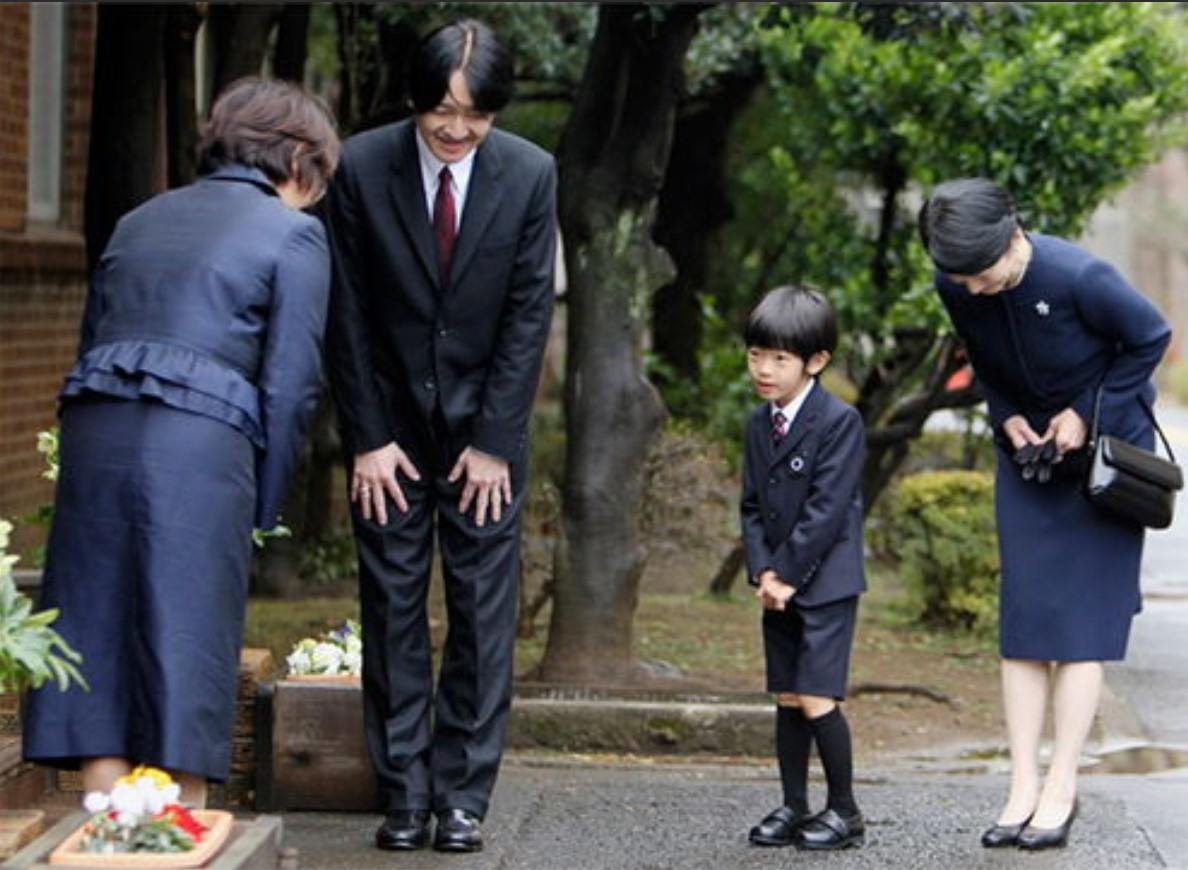China's Exports to the US Slipping? Two Details Were Overlooked
Japanese media got too excited too soon! China's exports to the US fell by 35% in May, but there are two details that many people have overlooked.
Yesterday, Japanese media reported a major piece of news, stating that China's exports to the US in May were $28.8 billion, a year-on-year decrease of 35%, with the decline further expanding from April's 21%. It seems that Japanese media has a tone of schadenfreude in their words, just like ordinary people who don't want to see their neighbors living better than themselves.
However, I would say that Japanese media got excited too soon this time. Although China's exports to the US declined in May, there are two details that many people haven't noticed. First, China's overall exports remain stable, with growth reaching 7.2%. Exports to Europe and Southeast Asia have even shown double-digit growth. In other words, the gap caused by exports to the US has been filled elsewhere.
Second, China's exports have already passed the most difficult period. Frictions are normal, but win-win cooperation is the main theme. Last month, both sides agreed to reduce additional tariffs by 115%, and recently, positive news has emerged during their meetings. Everything is developing in a positive direction. It is estimated that starting from June, China's exports to the US will show a significant rebound, which will be a new increment for China's exports.
Moreover, stepping back one hundred steps, China is walking on two legs: stabilizing foreign trade while expanding domestic demand and boosting consumption. Even if exports encounter difficulties one day, China's super-large domestic market of 1.4 billion people brings stronger resilience. In recent years, China has made great efforts to expand the domestic market, and the pattern of dual circulation of economy has become increasingly evident.
For example, China's subsidy program for upgrading old products directly provides money to encourage people to replace cars, home appliances, and mobile phones, among others. By the end of May, it has driven 1.1 trillion yuan in consumption. Including various e-commerce platforms, they are actively undertaking national subsidies. For instance, Vipshop has worked with digital brands such as Xiaomi, Huawei, Honor, and Asus for deep discounts. With national subsidies at 15% and Vipshop discounts, Xiaomi's smart home appliances, Huawei's smartphones and tablets have reached around 80% off, which is very rare.
In short, Japanese media got excited too soon. The Chinese economy is not a small pond, but an ocean. We have the most complete supply chain in the world, the most potential and largest consumer market, showing great resilience in dealing with all kinds of difficulties.


 Original article: [https://www.toutiao.com/article/1834641521740803/](https://www.toutiao.com/article/1834641521740803/)
Disclaimer: This article only represents the views of the author.
Original article: [https://www.toutiao.com/article/1834641521740803/](https://www.toutiao.com/article/1834641521740803/)
Disclaimer: This article only represents the views of the author.
Related Links(Please provide the content you want to translate, and I will assist you with the)